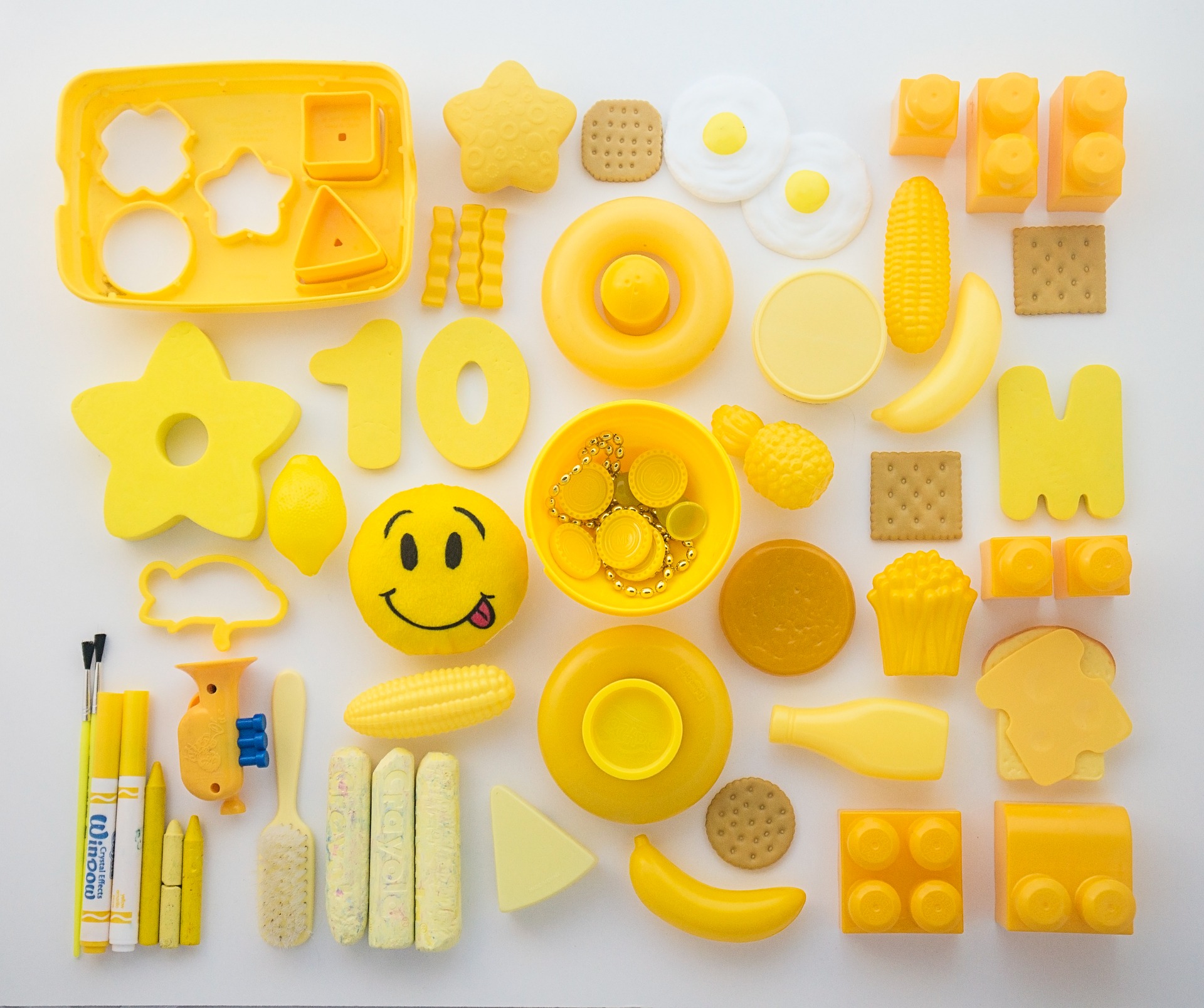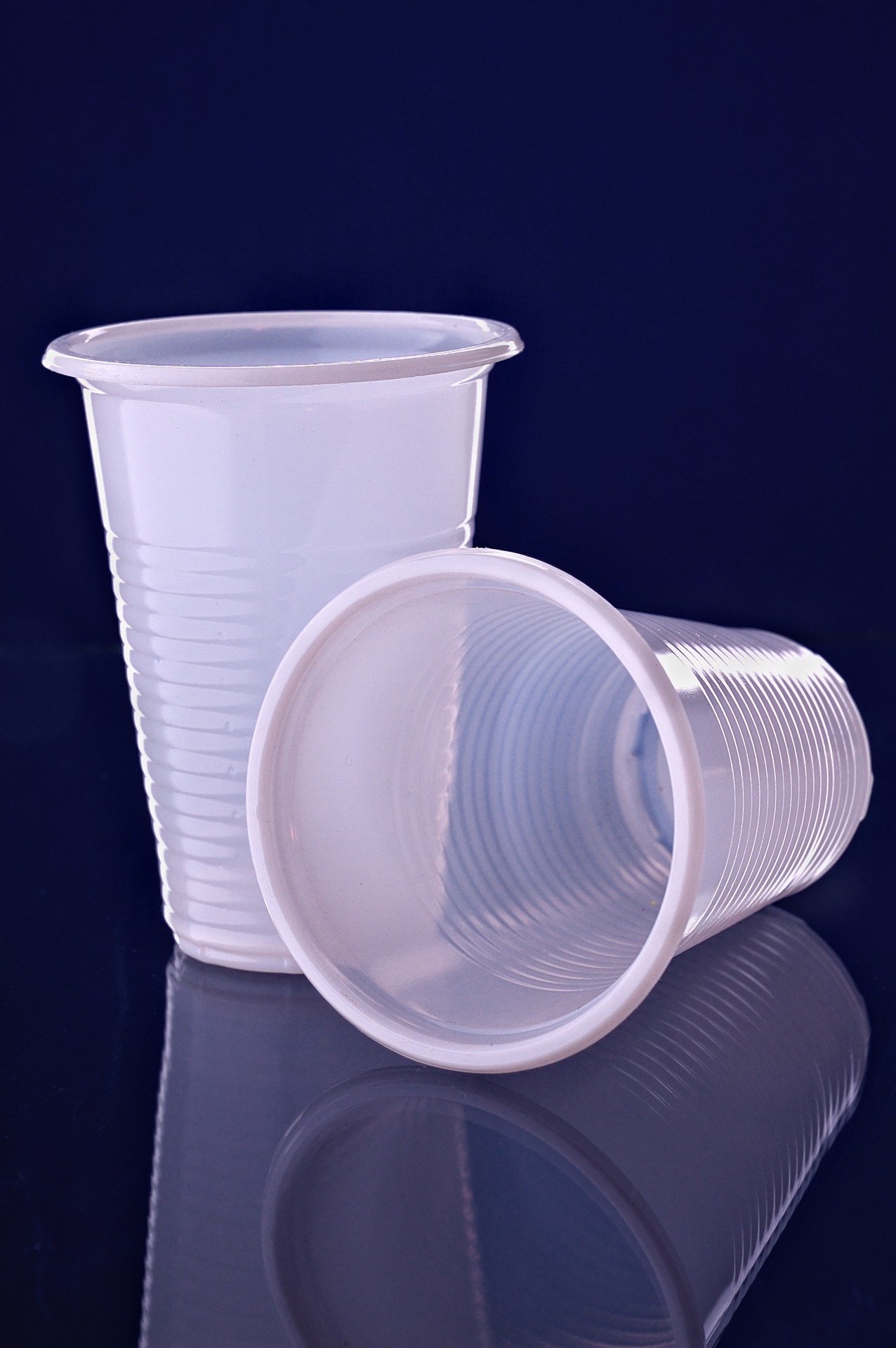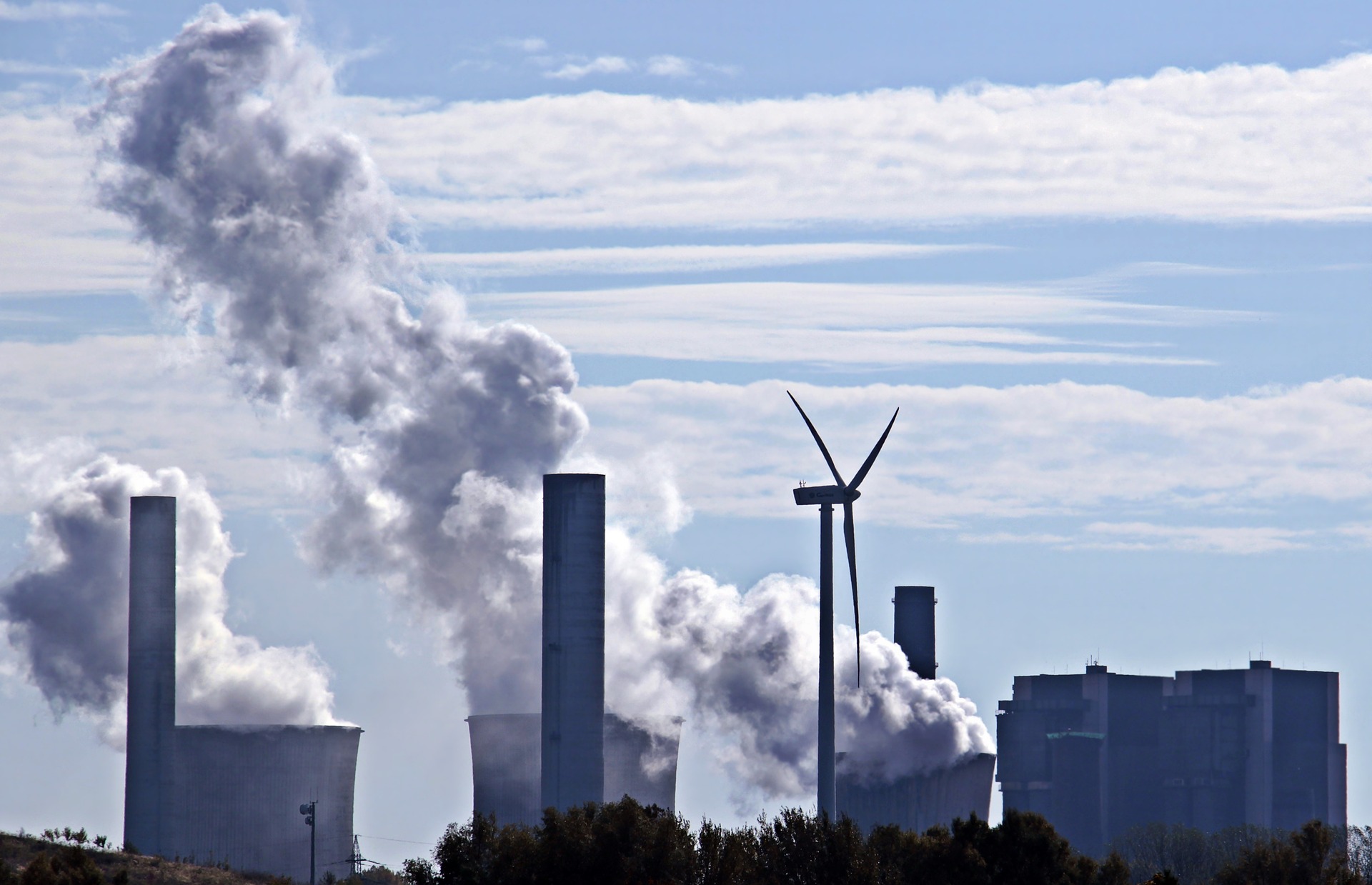
Dear Eartha, I’m frustrated so much of what we buy is plastic or wrapped in plastic, and I can’t even recycle it. How did we get here and aren’t things getting better?
In trying to solve the problems of present, we sometimes forget that looking back can help us navigate a better path forward. That’s true for the complex issue of plastics. Look around: plastic is in close proximity – your cellphone case, the toys children play with, the stapler in the drawer, the container we carried our lunch in. The plastic seems endless. And in the US, it practically is.
According Our World Data, America consumes significantly more plastic per capita than the most populated countries in the world – nearly three times as much as China and ten times as much as India. Plastic’s versatility, to be molded into just about any shape imaginable, makes it both useful and addictive. We are economically and culturally dependent on plastic. This did not happen overnight.
Looking back
Before plastics, which is even hard to imagine, the things we produced as humans were made with materials such as wood, ivory, glass, and iron. These had obvious limitations in their availability, malleability, and costs. With a growing population that was shifting from an agricultural way of life to a consumer one, these materials could no longer meet the need. The development of plastics provided an answer.

In the mid-20th century, during WWII, plastic production took hold. New plastic technology was used to make all manner of wartime supplies, from combs for soldiers to bazooka barrels and helmet liners. During this time, plastic production nearly quadrupled, increasing from 213 million pounds in 1939 to 818 million pounds in 1945.
So, what happened to all the manufacturing when the demand for bazooka barrels stopped? The industry shifted to household appliances, personal products, tools, office supplies and an endless number of things we never even knew we needed. In short time, we couldn’t imagine how we once lived without all these things.
This affordable supply of plastic goods found a public ready to embrace modern comforts after many years of war and hardship. Cheaper, mass produced products allowed for a leveling of the social playing field by making once luxury items accessible to many.
Since then we have all seen how plastic helps us achieve amazing things, from walking with prosthetics, to exploring space with robotics. Plastic keeps us safe in the cars we drive and is found in the protective equipment essential in our current pandemic. So, what is this magical material made of? The earliest plastics were made from plants, but the majority of plastics ever produced were derived from oil and gas.
Why haven’t we found a more sustainable alternative? A recent report by NPR and PBS Frontline revealed that, in the face of public outcry on plastic waste, oil and gas officials launched aggressive recycling initiatives while concealing well-known challenges to the reusable viability of the plastics they produced. In short, they quelled pollution concerns by building false recycling hopes.
This history of deceptive practices and documents dates to the 1970s. And current data shows that the oil and gas industry intend to continue down this path.

Looking forward
With renewable energy decreasing the demand for fuel, the oil and gas industry is shifting their attention and resources to accelerate plastic production. According to the International Energy Agency, 14 percent of petrochemicals are used to create plastics. By 2050, that number is projected to hit 50 percent.
We are once again at crossroad, and we must choose wisely how to produce the things we need. Plastics provided advancement and access at a time when we needed it, yet its continued production is simply not sustainable. We need to produce goods without the use of oil and gas if we desire a livable planet. It’s time to prioritize ALL people, rather than a privileged few, and protect the planet and the resources we share.
As a wealthy, high consuming nation, we must lead and find solutions to break our dependence on plastic. This means we must hold responsible the people we elect and the companies that contribute to our crippling cycle of a plastic consumption. We can’t change the past, but we can move forward to not repeat mistakes history has shown us.
